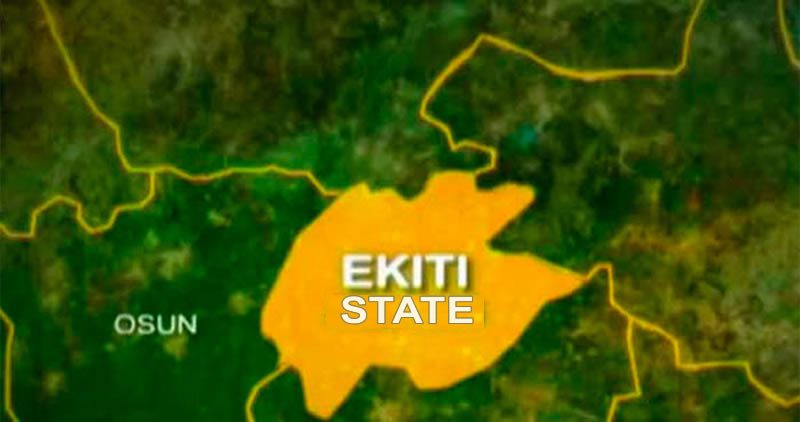
Ekiti reiterates commitment to combat arms proliferation
….as experts converge for seminar on forfeiture, handling of small harms
Idowu Adebomi, Ado Ekiti
In a move to combat the scourge of small arms and light weapons proliferation, Ekiti State played host to a one-day seminar on their forfeiture and handling.
The event was yesterday in Ado Ekiti, Ekiti State.
The event, organized by the South-West Zone of the National Centre for the Control of Small Arms and Light Weapons (NCCSALW), brought together experts from the various fields to discuss the critical issue of small arms and light weapons proliferation in Nigeria.
Declaring the seminar open, Hon. Justice L.A. Ogunmoye emphasized the importance of addressing the menace of small arms and light weapons, noting that it was closely tied to terrorism, armed violence, and other forms of insecurity.
“The seminar is a crucial step towards finding solutions to this complex problem,” he said.
Julius Ajibare, Esq., Director of Public Prosecutions, Ekiti State, provided an in-depth examination of the legal frameworks governing small arms and light weapons in Nigeria.
He highlighted the ECOWAS Convention on Small Arms and Light Weapons and the Control of Small Arms and Light Weapons Act, 2024.
He noted that the issue was closely tied to terrorism, armed violence, and other forms of insecurity, and that the seminar was a crucial step towards finding solutions.
In his lecture, Julius Ajibare, Esq., Director of Public Prosecutions, Ekiti State, provided an in-depth examination of the legal frameworks governing small arms and light weapons in Nigeria.
He discussed the various conventions and protocols signed by Nigeria, including the ECOWAS Convention on Small Arms and Light Weapons, and the Control of Small Arms and Light Weapons Act, 2024.
Ajibare, also highlighted the functions of the National Centre for the Control of Small Arms and Light Weapons (NCCSALW), which included implementing strategies for the eradication of small arms and light weapons, supervising the implementation of laws and policies, and creating a national database of small arms and light weapons.
The proliferation of small arms and light weapons in Nigeria was identified as a major challenge, with various factors contributing to the problem. These include the porosity of Nigeria’s borders, conflict and instability, corruption, illegal manufacturing and trading, and poor arms control.
The use of forfeited weapons by law enforcement agencies was also discussed, with experts highlighting the risks and benefits of such a practice.
Meanwhile, Deputy Inspector General of Police Johnson Babatunde Kokumo (Rtd) emphasized the importance of collaboration and coordination among various stakeholders in combating the proliferation of small arms and light weapons.
He commended the organizers of the seminar and expressed his commitment to supporting the efforts of the National Centre for the Control of Small Arms and Light Weapons.
The seminar was attended by various stakeholders, including law enforcement agencies, policymakers, and civil society organizations.




